Randstad and Torc Acquisition Wrap Up
A Shift in Companies Perception of Talent And A Platform Centric Future Of Work
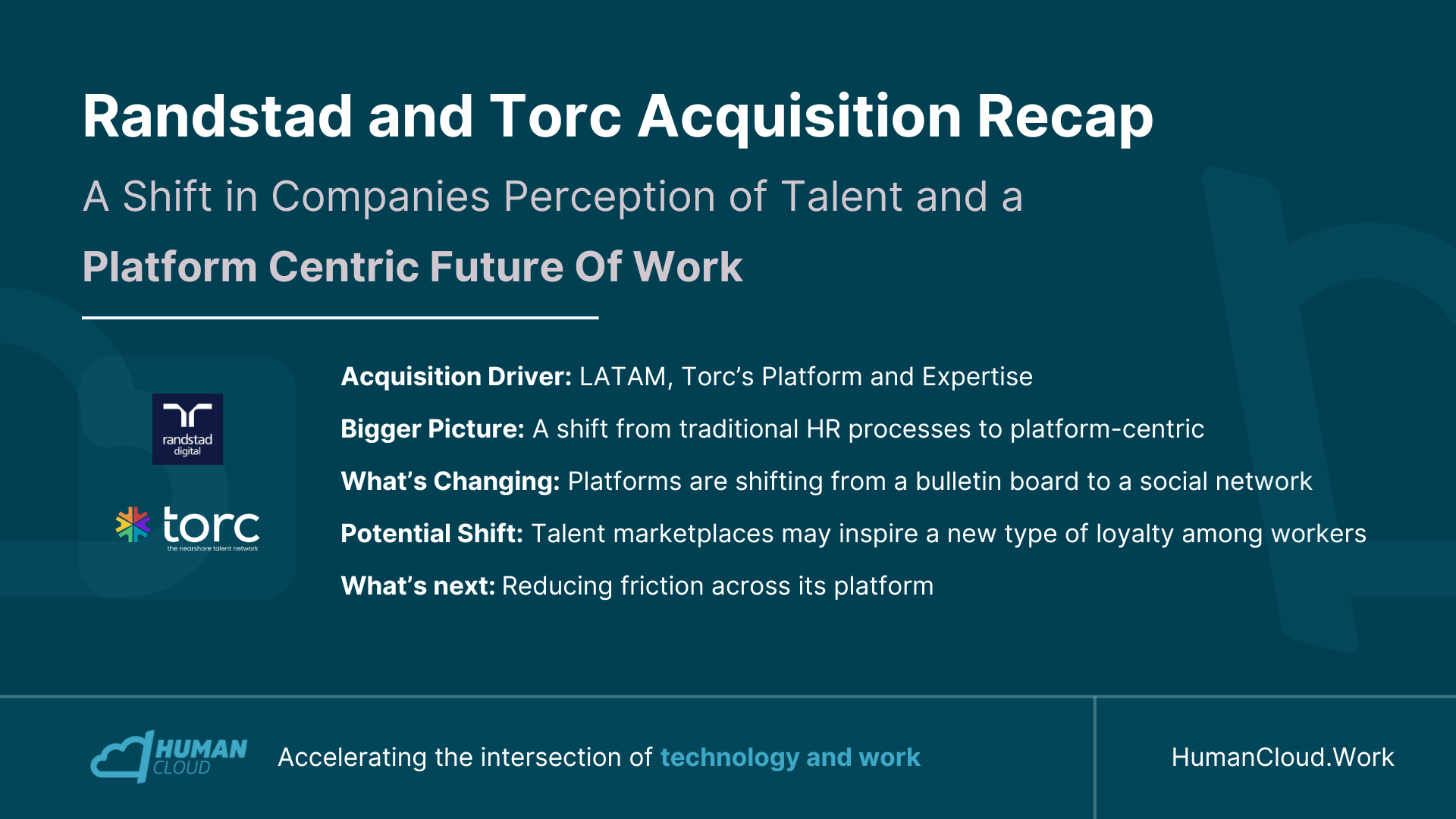
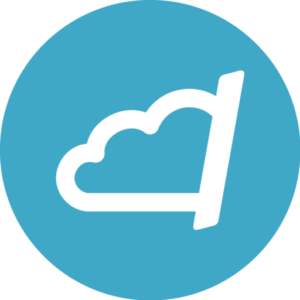
Human Cloud Team
Share this!
Subscribe to Human Cloud Insights
This is a recap from our webinar with Torc and Randstad.
Last May, Randstad Digital, one of the leading talent agencies in the world, announced its acquisition of Torc, an AI-powered talent marketplace. Torc has been building a huge talent base with a focus on Latin America, the US, and India—making impressive strides in connecting tech talent to enterprises taking an average of just a little over seven days from enterprise job posting to hire.
In a recent webinar, Michael Morris, the CEO of Torc, and Graig Paglieri, the CEO of Randstad Digital Americas, sat down with Matthew Mottola from Human Cloud to discuss the acquisition and what the future of work may look like. Here’s how it went.
Torc’s Platform and Expertise: Main Drivers Behind the Acquisition
The discussions started soon after Sander van’t Noordende joined as CEO after leaving Accenture. “Sander challenged me right away on the concept of a platform, you know, essentially at the center-right,” said Paglieri. Then, during a conference in Miami, Morris met with Sander and started a conversation.
Over a year of discussions and demos, the Randstad team better understood Torc and the opportunities it presented. They understood how Torc operates, what the platform can do, the digital systems and tools it has, and its talent management capabilities.
“We saw some really, really good synergies,” said Morris. “Things like the speed, the responsiveness of the torque network, the scale, and the amount of demand that Ronstadt digital had for the skills that we were delivering.”
Besides the platform itself, Randstad liked Torc’s presence in Latin America and the access it had to the talent base there. Randstad has a demand for highly capable talented developers from Latin America and Mexico among its Fortune 500 client base in the US. Torc’s community of talented developers who were in the same time zone as many of Randstad’s clients further drove the acquisition.
“We came together and partnered on the expertise and the capability that Torc had through its platform and its presence and relationship and history in LATAM,” said Paglieri on how Torc’s presence in Latin America played a role in the acquisition along with its platform.
The acquisition signals a shift from traditional HR processes to platform-centric
The webinar shone light on Randstad Digital’s future plans and signaled its shift from its traditional mode of operation.
Randstad Digital has previously operated without an online platform, but with this acquisition, they’re showing that talent marketplaces will be a huge part of the future of work.
But talent marketplaces are not new. There have been plenty of platforms enabling companies and teams to engage people as needed. However, they were used largely by small to mid-sized companies and not by large enterprises.
“You can get through most changes you can drive from a top-down perspective because those organizations are smaller, they’re more nimble, there’s not a lot of, you know, ingrained processes and procedures said Michael about why even Torc, before the acquisition, largely worked with small to medium-sized growing companies.
He spoke about how large companies struggled with this change management. “It could be as simple as an IC versus a full-time employee. that involves a component of risk. That involves a component of insurance. That involves a component of legal. That involves a component of IT infrastructure and access. That involves a component of tools that they can get access to. So there’s a whole workflow that gets disrupted on that little change,” said Michael.
Because of this difficulty and the uncertainty, many companies were hesitant to adopt dynamic hiring practices. But with this acquisition, Randstad Digital is betting big on talent marketplaces and platform-centric talent management. And being the leading HR services provider with many large enterprise clients, this will drive other companies to follow suit.
Platforms are shifting from a bulletin board to a social network
The fact that Randstad Digital chose Torc to further its platform-centric ambitions may also be an indicator of how talent marketplaces are evolving from bulletin boards to social networks.
Michael spoke at length about how platforms are becoming a place to showcase skillsets and how someone can manage their entire career through them. He gave the example of someone who was a mid-level salesforce programmer and wanted to be an enterprise architect.
“A platform can take you there: the jobs that you need to do, the experience that you need to have, the skill sets that you need to learn. The assessments and credibility you need to put on your wall so you can show people you have that capability,” said Michael.
Michael also spoke about how platforms have to offer multiple forms of engagement to be successful.
“If you’re an AI developer and you want to be, you want to work on, a project for the next six months that totally excites you, or you’re a Salesforce engineer that’s looking for your next gig, we have to provide that optionality for them,” said Morris.
Talent marketplaces may inspire a new type of loyalty among workers
This was one of the key ideas Michael proposed during the webinar. He suggested that as marketplaces start to support entire career trajectories, it may inspire a new kind of loyalty among workers.
“Traditionally, there was loyalty – traditionally being almost decades ago, when I came out of college. You had loyalty to a company, to a logo, to a stock. Now, that has eroded,” said Michael.
But later the loyalty shifted to an ecosystem where developers were focused on just AWS or Salesforce or iOS. It wasn’t exactly the same type of loyalty and maybe it wasn’t that strong.
Now with more workers shifting to a freelance model, there is room for a marketplace to inspire a new type of loyalty. “I think that the loyalty should be: ‘I’m a Salesforce developer on the Torc platform.’”
For Randstad Digital and Torc, the next step would be to reduce friction on its platform
When a listener inquired about future plans, Michael said, “We’re going to continue to remove friction from connecting a global customer base with a global talent base.” They’ll also work on becoming the marketplace that the workforce of the future demands, to offer more flexibility and options for both the talent and their clients.
The acquisition looks promising for the future of work and is likely to drive more organizations to adopt more flexible and dynamic hiring practices and for marketplaces to encourage social dynamics.
Follow HumanCloud on LinkedIn for more updates and insights into the freelance economy and the future of work.
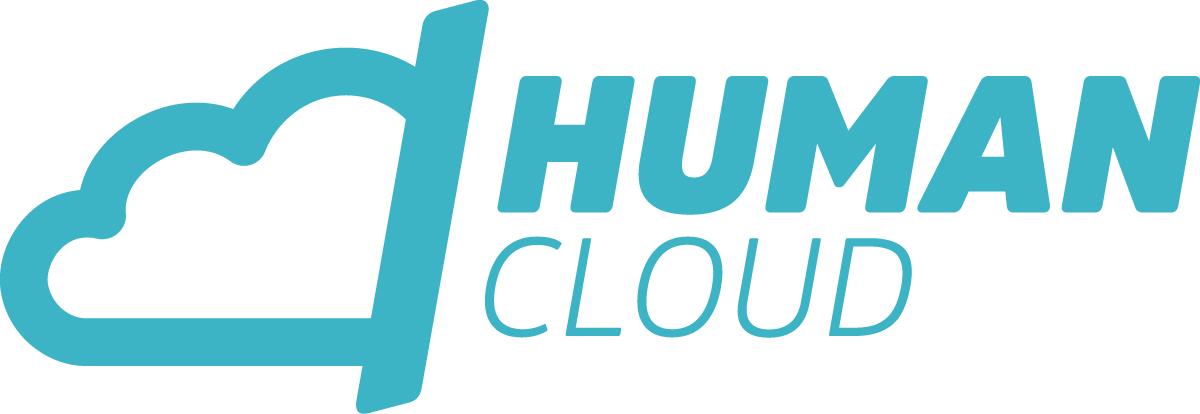
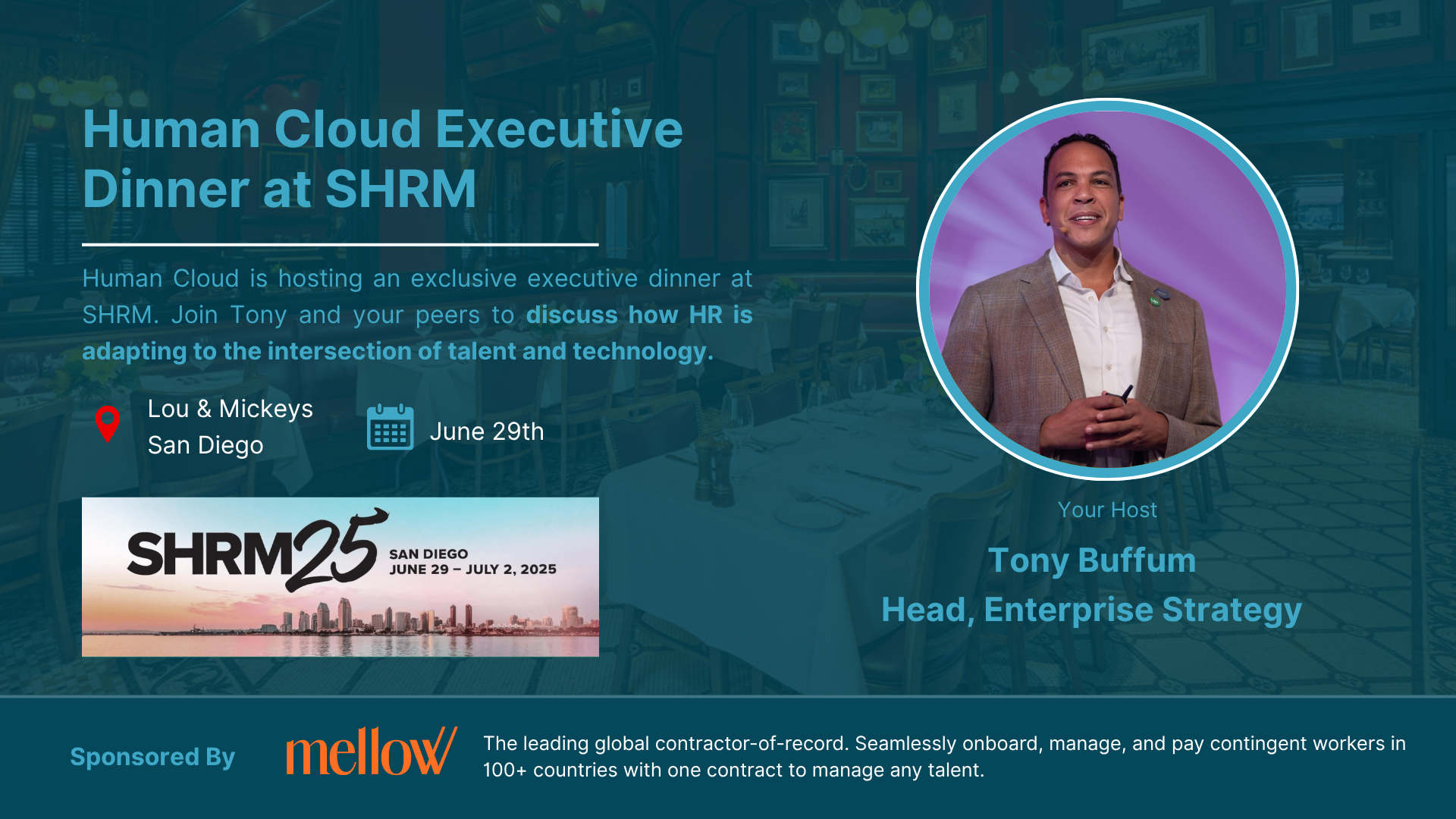
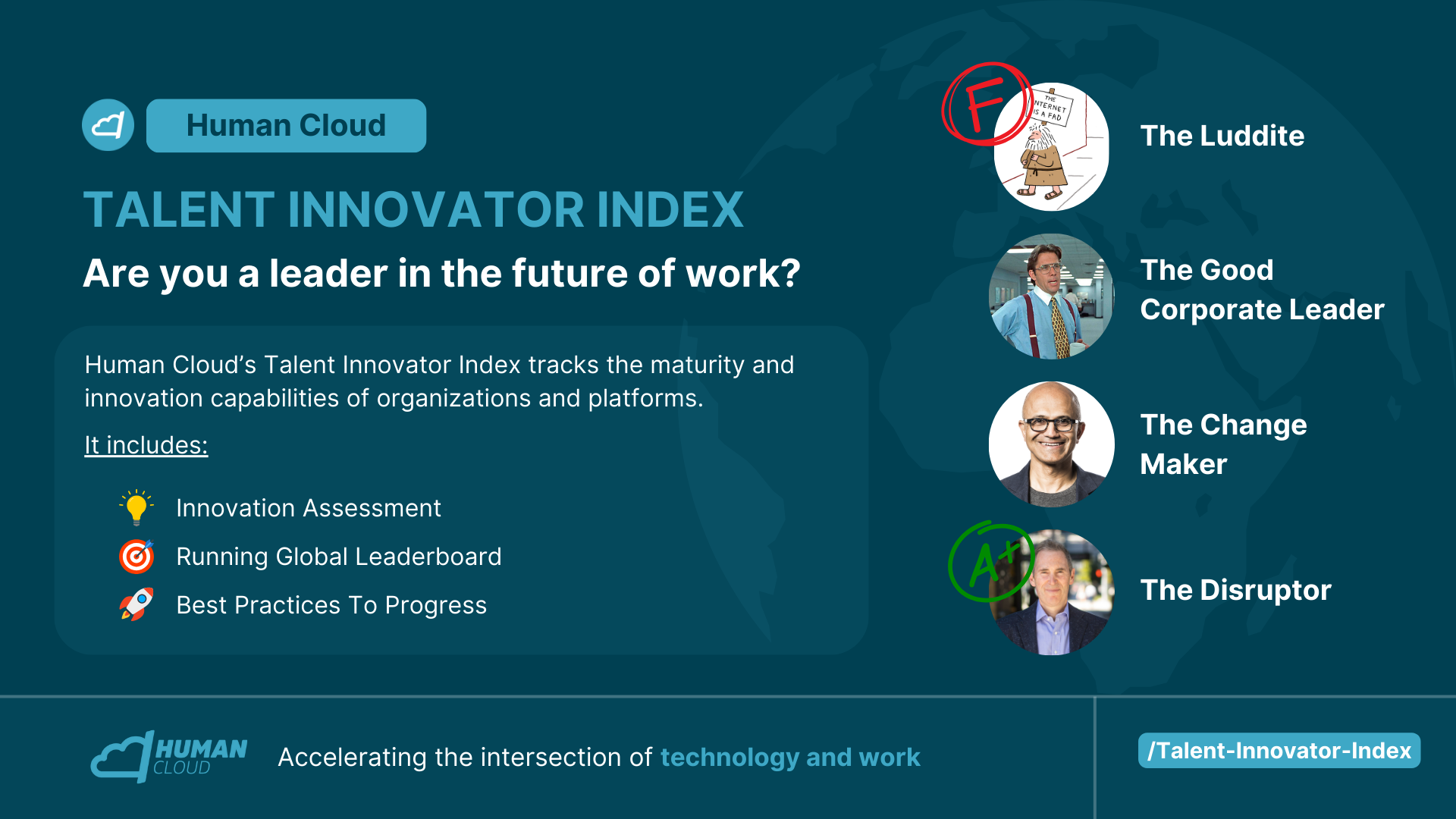
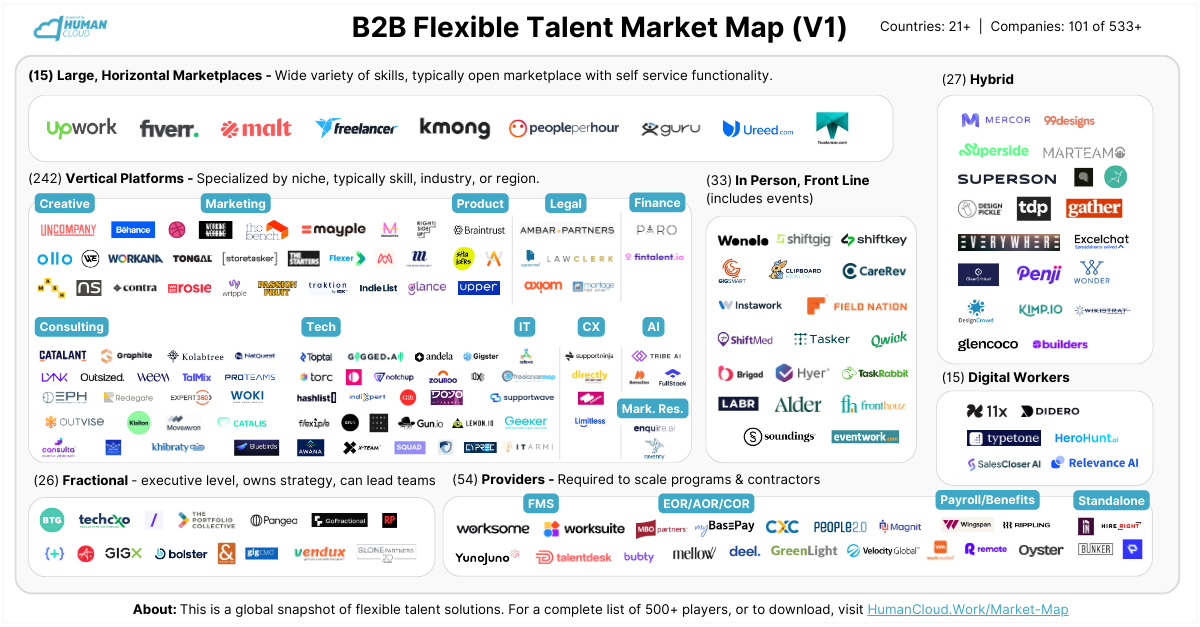
 This is only available to Knowledge Graph subscribers
This is only available to Knowledge Graph subscribers 